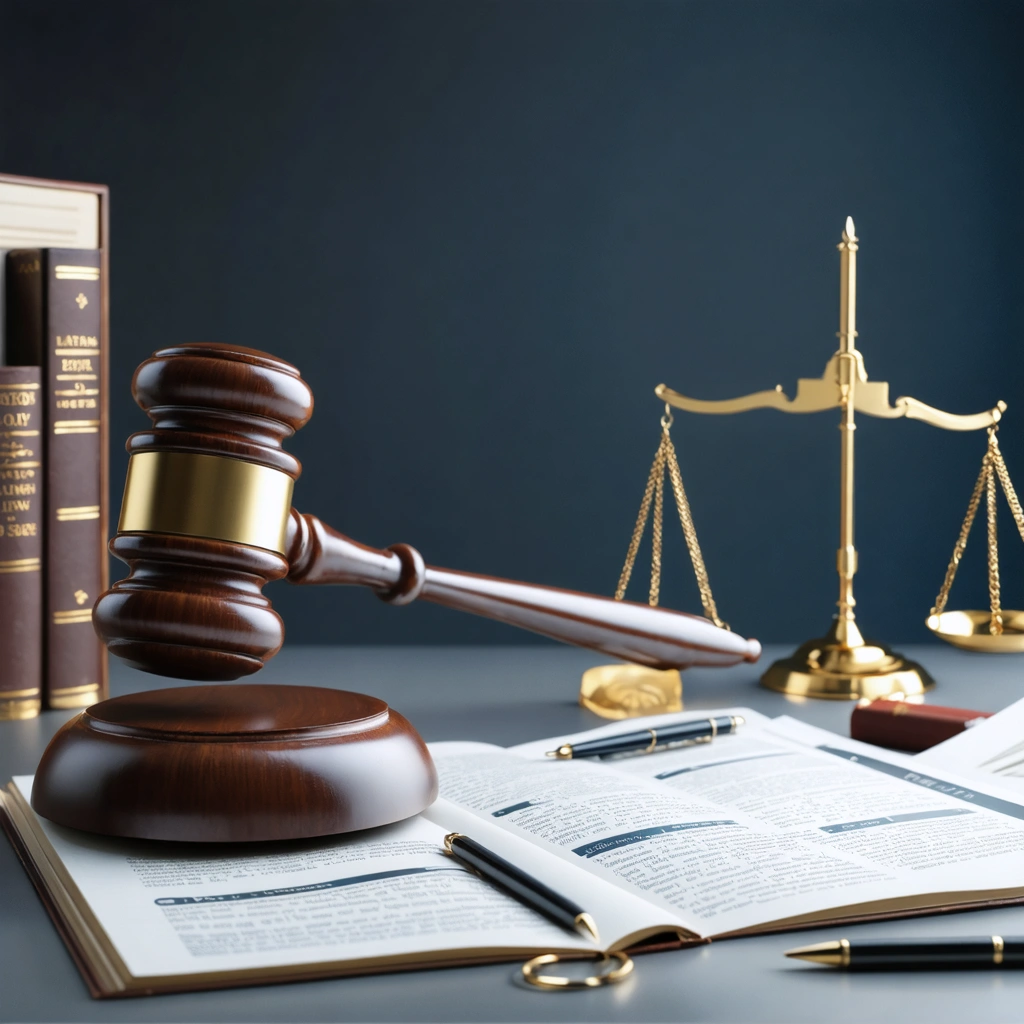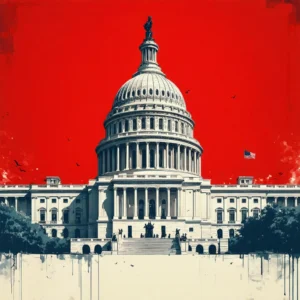
Introduction
The legal profession is held to exceptionally high standards of conduct and ethics. When a practitioner deviates from these norms, the fallout is not merely personal; it bears significant implications upon the reputation of the legal services sector as a whole. The recent case of a former Cooley lawyer, suspended for stalking his former girlfriend, offers a compelling illustration of how professional misconduct is evaluated and penalized by regulatory bodies. This article dissects this case, examines its broader ramifications, and outlines the measures implemented to safeguard both the public and the integrity of the legal profession.
Case Overview and Regulatory Context
The subject of this analysis, Matthew Howells, an ex-associate at the London office of US law firm Cooley, faced consequences for his actions between March and July 2022. Confronted with allegations that he repeatedly contacted and harassed his ex-girlfriend through unwanted gifts such as flowers, Haribo sweets, and even chocolates, Howells’ behavior was described in regulatory documents as stalking. The incident led not only to a conviction at Wimbledon Magistrates’ Court but also to the subsequent suspension and compensation orders, signifying the seriousness with which such conduct is treated in the legal field.
Regulatory Findings and Legal Consequences
The Solicitors Regulation Authority (SRA) played a crucial role in ensuring that justice was served and the public trust was maintained. Here are the key points from the regulatory findings:
- Howells admitted to pursuing a course of conduct amounting to stalking.
- He repeatedly and inappropriately made contact with his former girlfriend through phone calls, emails, and unsolicited items.
- Despite the ostensibly benign nature of his gestures—which he claimed were expressions of goodwill—the cumulative effect was harassment.
- A restraining order was put in place, preventing any direct or indirect contact with the victim.
This case has been instructively summarized in the legal community as a clear indication that even well-intentioned actions, when they cross the boundary into harassment, warrant strict disciplinary measures.
Legal and Professional Implications
From a legal perspective, the case sets a precedent regarding acceptable behavior for legal professionals, particularly those who operate within high-stakes international law firms. It underscores several critical themes:
- Accountability: Every legal practitioner, irrespective of their background or firm, is subject to strict professional scrutiny. The standards are applied uniformly, and deviations can lead to severe repercussions.
- Public Trust: The need to protect and enhance public trust is paramount. The SRA’s action in suspending Howells underscores a commitment to preventing any further harm that might arise from misconduct.
- Reputation of the Profession: Maintaining the reputation of legal services necessitates rigorous disciplinary frameworks. Regulatory bodies must act conclusively and proportionately in response to any breach of conduct.
Through these disciplinary actions, the regulatory framework aims to deter any behavior that compromises ethical integrity and can potentially harm individuals or the wider public.
Ethical Analysis and Professional Responsibilities
An in-depth ethical analysis of this case reveals several layers of responsibility and concern:
- Boundaries of Personal Relationships: Legal professionals are expected to not only adhere to the law but also navigate the complexities of personal relationships with extreme caution. When personal feelings interfere with professional judgment and ethical obligations, the resulting damage can extend far beyond individual suffering.
- Use of Technology and Social Media: Modern correspondence tools and dating apps have transformed how relationships are maintained and dissolved. However, these media also present new avenues for misconduct, especially when used recklessly by individuals in positions of trust.
- The Role of Remorse and Rehabilitation: While Howells expressed regret and took responsibility for his actions, the severity of the breach necessitated not only personal accountability but also a protective measure mandated by regulatory authorities. His situation illustrates that expressions of remorse cannot alone absolve professional misconduct.
When considering such a violation, it is instructive to institutionalize several fundamental strategies:
| Strategy | Description |
|---|---|
| Enhanced Monitoring | Implementing proactive oversight to ensure professionals abide by legal and ethical standards. |
| Mandatory Ethics Training | Regular training sessions focusing on boundaries, personal conduct, and conflict resolution. |
| Clear Disciplinary Framework | Establishing transparent guidelines on the repercussions for professional misconduct. |
| Support Structures | Creating networks to support professionals in managing personal crises and preventing ethical slip-ups. |
These measures not only protect potential victims but also reinforce the foundation of ethical practice within the legal profession.
Lessons Learned and Future Outlook
Examining this case from a broader perspective yields several lessons that are invaluable for legal firms and regulatory bodies:
- Strict Enforcement of Ethical Guidelines: The unequivocal actions taken illustrate that any deviation from ethical norms, no matter how minor it may seem initially, is subject to serious disciplinary measures.
- Importance of Public Protection: The legal profession exists to promote justice and fairness. Protecting the public from potential harm, whether through direct legal actions or through preventative measures, remains a cornerstone of professional responsibility.
- Balancing Rehabilitation with Accountability: The case highlights the nuanced balance between ensuring rehabilitation opportunities for offenders and upholding the ethical standards expected of legal practitioners. This balance must be delicately managed to deter future misconduct while allowing room for corrective actions.
As the legal industry evolves, incorporating technological advances and adapting to changing societal norms, the frameworks regulating professional conduct must also evolve. Continuous reassessment and updating of these frameworks are imperative to stay ahead of potential ethical dilemmas.
Future Considerations for Regulatory Authorities
Looking ahead, regulatory authorities might consider:
- Implementing Advanced Monitoring Tools: Digitization and data analysis may provide novel ways to monitor lawyer-client and interpersonal relationships, detecting early signs of misconduct.
- Collaborative Global Standards: As legal professionals often operate across borders, establishing unified ethical guidelines on an international scale could help standardize responses to misconduct.
- Continuous Professional Development: Ongoing education in ethics and professional responsibility should be mandated to keep legal professionals abreast of best practices and emerging challenges.
- Strengthening Support Networks: In addition to punitive measures, regulatory bodies might expand support services that assist professionals in managing personal adversities, reducing the risk of ethical violations.
The combined effort of legal professionals, law firms, and regulatory authorities is essential to safeguard the profession’s integrity while ensuring the public’s trust in legal institutions.
Conclusion
The suspension of Matthew Howells serves as a potent reminder of the consequences that follow breaches of ethical and professional standards within the legal field. Legal practitioners are entrusted with considerable responsibilities, and their behavior is scrutinized not only by courts but also by the public. The measures taken by the SRA and the broader legal community highlight that safeguarding trust and ensuring accountability remain the foremost priorities. Building on the lessons from this case, continuous efforts are required to adapt and enforce ethical guidelines that protect all stakeholders involved.




